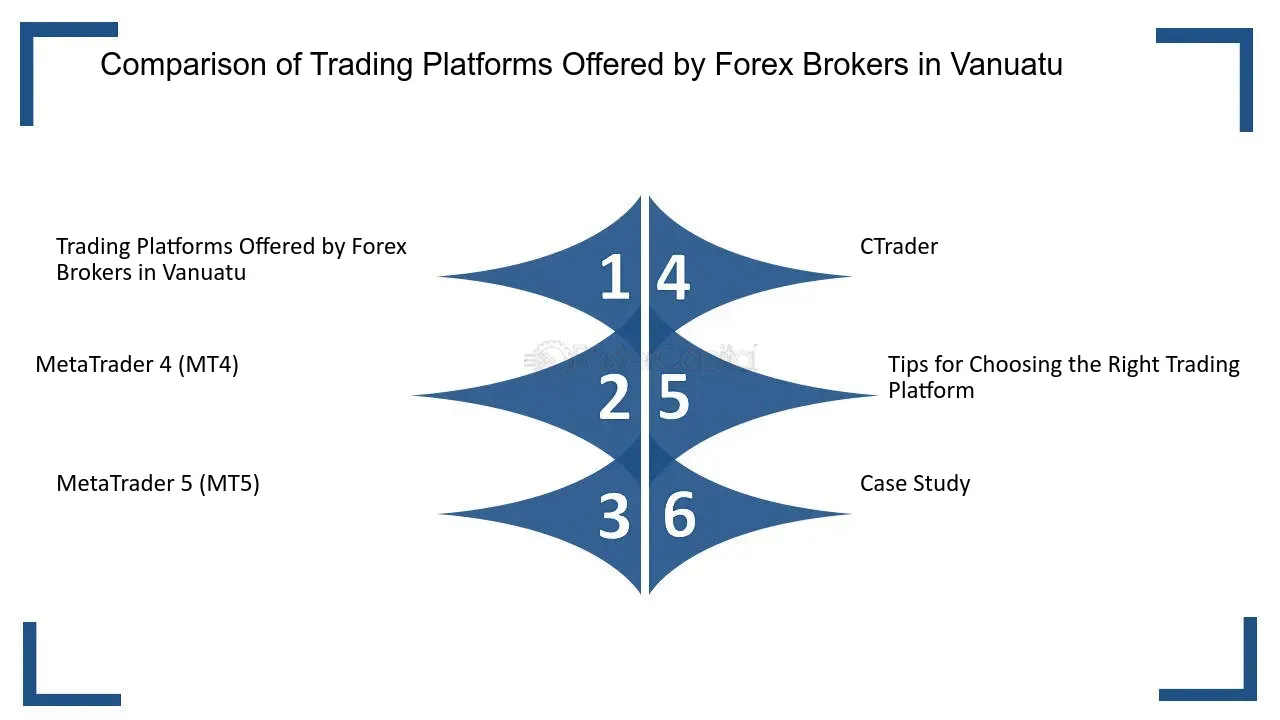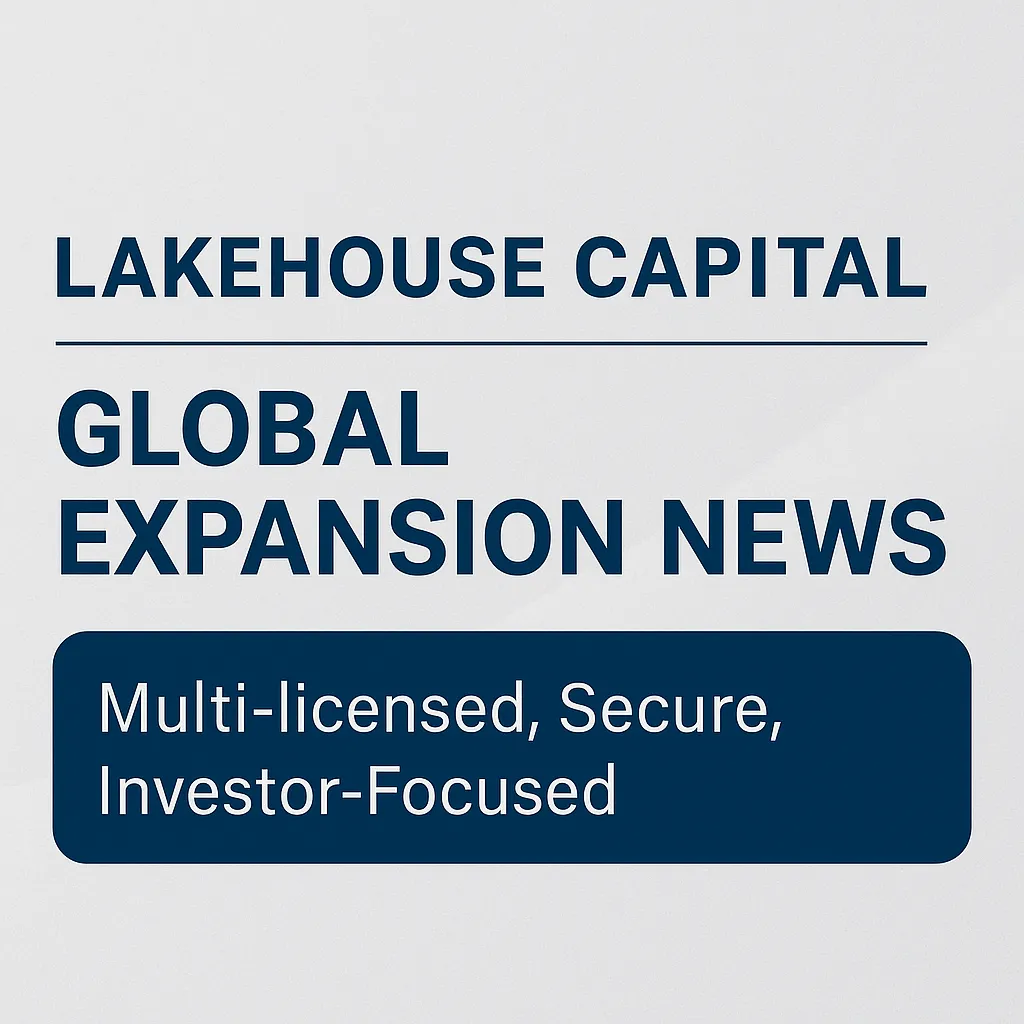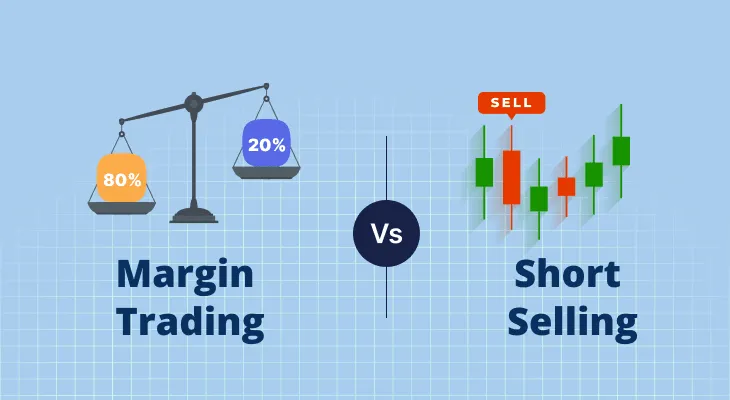Regulated vs. Unregulated Forex Brokers: Key Differences and Choosing the Right One in 2025
Summary:In the rapidly evolving world of Forex trading, the difference between a “regulated” and “unregulated” broker is far more than a technicality – it’s a fundamental factor in determining the security, transparency, and fairness of your trading experience.

Regulated vs. Unregulated Forex Brokers: Key Differences and Choosing the Right One in 2025
introduction
In the rapidly evolving world of forex trading, the distinction between "regulated" and "unregulated" brokers is far more than a technical issue—it's a fundamental factor in determining the security, transparency, and fairness of your trading experience. While the global forex market boasts an average daily turnover of $6.6 trillion as of April 2019, regulatory challenges persist due to its decentralized nature, leaving traders at risk of encountering unscrupulous or under-regulated brokers ( FP Markets ).
Backed by BrokerHiveX's authoritative broker rankings, regulatory database, and expert insights, this guide will help you differentiate between regulated and unregulated forex brokers, understand the impact on investor protection, and make informed decisions in the complex trading landscape of 2025. You'll learn:
What does “regulated” really mean in forex trading and why is it important?
Key Differences Between Regulated and Unregulated Brokers
The Risks and Potential Benefits of Unregulated Brokers
How to Verify a Broker’s Regulatory Status Step by Step
Regulated brokers have more protection than just a license
How to align your choices with your trading goals and risk tolerance
How BrokerHiveX helps you achieve secure and transparent transactions
1. Understanding Forex Broker Regulation: What Does “Regulated” Mean?
1.1 Regulatory Definitions in Forex Trading
A "regulated" forex broker is one that operates under the supervision of a recognized financial regulator. This isn't just a label—it signifies that the broker is legally licensed, adheres to strict operating standards, maintains minimum capital requirements, ensures transparency, and undergoes regular audits ( PrimeXBT ). Regulation is a cornerstone of market integrity and investor confidence, preventing fraud, enforcing fair trading practices, and protecting client funds.
1.2 Overview of Major Global Regulatory Agencies
The reliability of a broker’s regulatory status depends on the regulator. Major regulators worldwide include:
FCA (UK) : Known for its strict client funds segregation and strong investor protection.
ASIC (Australia) : Enforces strict compliance, transparency and compensation mechanisms.
CFTC & NFA (US) : have extremely high standards for leverage, reporting, and anti-fraud.
CySEC (Cyprus) : A common choice for EU brokers, offering an investor compensation fund.
FSCA (South Africa) : Focuses on fair market conduct and customer protection.
FSA (Seychelles) : An emerging regulator, generally considered to have looser standards.
For a detailed list of global regulators and their standards, please visit the BrokerHiveX Regulatory Database .
1.3 Regulatory Requirements and Investor Protection Mechanisms
Regulated brokers must adhere to the following key requirements:
Fund segregation : Client funds are kept separate from the company’s operating funds, ensuring the safety of client funds even if the broker goes bankrupt ( PrimeXBT ).
Compensation mechanisms : Many regulators require brokers to participate in compensation funds to provide additional protection for investors.
Continuous compliance and auditing : Mandatory regular reporting and auditing to reduce the risk of non-compliance.
2. Key differences between regulated and unregulated forex brokers
2.1 Compliance and Legal Supervision
Regulated brokers are subject to a strict legal framework, operate transparently, and are accountable to regulators. They must comply with AML (Anti-Money Laundering) and KYC (Know Your Customer) regulations and undergo regular audits.
Unregulated brokers lack formal regulation and are more susceptible to conflicts of interest, misconduct, and even fraud ( PrimeXBT ).
2.2 Investor Protection and Fund Security
Regulated brokers are required to segregate client funds and often participate in compensation mechanisms to ensure the safety of funds. Unregulated brokers may commingle client funds with company funds, increasing the risk of misappropriation and difficulty in withdrawing funds ( TradingCritique ).
2.3 Transparency and Information Disclosure
Regulated brokers are required to disclose their financial statements, trading conditions, and regulatory status; unregulated brokers often provide vague or misleading information, hide fees, and have opaque terms.
2.4 Trading Conditions and Leverage
Regulated brokers are subject to leverage and fair trading conditions set by regulators; unregulated brokers may offer extremely high leverage (e.g. 1:2000), increasing potential returns and risks ( TradingCritique ).
2.5 Legal Remedies and Dispute Resolution
Clients of regulated brokers can file complaints with the regulator and receive compensation in the event of bankruptcy or misconduct; unregulated brokers generally have no formal avenues for complaints.
2.6 Summary and comparison table
| aspect | Regulated Broker | Unregulated Brokers |
|---|---|---|
| Regulation | Supervised by recognized organizations | No or weak regulation |
| transparency | Financial disclosure and clear terms | Lack of transparency and hidden costs |
| Investor Protection | Fund isolation and compensation mechanism | No fund protection |
| Legal remedies | Complaints can be made to regulatory agencies and compensation mechanisms are available | No formal complaint channel |
| Trading Conditions | Fair, leverage and spreads are subject to regulatory constraints | High leverage, variable and potentially unfair spreads |
3. Risks and potential benefits of unregulated forex brokers
3.1 Potential Advantages
Unregulated brokers may attract some traders by:
Higher leverage : up to 1:2000, allowing traders to open larger positions with smaller capital.
Lower minimum deposit and costs : By lowering the transaction threshold, transaction fees may also be lower.
More flexible trading conditions : fewer restrictions on trading strategies and faster account opening ( TradingCritique ).
3.2 Significant Risks
But these advantages come with serious risks:
Withdrawal Delays or Rejections : Many traders have reported difficulties or even withdrawal rejections.
Lack of transparency and fraud risk : Obscure operations can conceal manipulation or even scams.
No investor compensation or legal protection : If a broker fails or commits fraud, clients have little recourse.
Real case : EagleFX is an unregulated broker registered in the Dominican Republic. Although it offers high leverage and competitive trading conditions, it is not supervised by any major financial regulatory agency, posing significant risks to customers ( BrokerHiveX EagleFX Review ).
3.3 Balancing Risk and Return
Unregulated brokers may only be suitable for a very small number of advanced traders who fully understand and accept the risks. Before working with any unregulated broker, it is important to conduct due diligence, manage your risk, and thoroughly understand their background.
4. How to Verify a Forex Broker’s Regulatory Status: A Step-by-Step Guide
4.1 Check broker disclosures and official website information
First, check if the broker’s official website contains:
License plate number and regulatory agency logo
Official statement on regulatory status
Clear company information and contact details
4.2 Verification using official regulatory agency websites
Don't rely solely on broker statements; go further:
Visit the official websites of regulatory bodies such as FCA, ASIC, CySEC, and NFA
Search the regulator's register for brokerage firm names, license numbers, and registered addresses
Confirm all information matches and is up to date ( PrimeXBT )
4.3 Red Flags to Watch Out For
Be vigilant if you encounter the following situations:
Missing or unverifiable license plates
The company's information is unclear or it is registered in an offshore area with weak supervision
Unrealistic promises, aggressive marketing, or pressure tactics
4.4 Using BrokerHiveX’s Regulatory Database and Broker Evaluation
BrokerHiveX simplifies the verification process and provides:
Comprehensive regulatory database covering the latest regulatory information worldwide
Detailed broker reviews , including regulatory status, user feedback, and expert analysis
5. Regulations for Regulated Brokers Beyond Licensing
5.1 Client Funds Isolation and Compensation Mechanism
Regulated brokers are required to hold client funds in segregated accounts, separate from operational funds. Most also participate in compensation schemes that compensate clients in the event of a broker’s insolvency.
5.2 Transparent Trading Conditions and Fair Practices
Regulated brokers must clearly disclose:
Spreads and Fees
Leverage Cap
Order Execution Policy
Regulators ensure that these terms are fair and transparent.
5.3 Strong Customer Support and Dispute Resolution
Regulated brokers are required to provide accessible customer support and a formal complaints handling mechanism, including independent arbitration where necessary.
5.4 Educational Resources and Trading Tools
Most regulated brokers offer:
Demo account for risk-free practice
Teaching Materials and Webinars
Advanced trading platforms and analytical tools
5.5 Platform Stability and Security Standards
Regulatory requirements also cover IT security and platform reliability to reduce the risk of technical failures or cyberattacks.
6. Factors Users Should Consider When Choosing Between Regulated and Unregulated Brokers
6.1 Matching Trading Objectives and Risk Tolerance
Assess your risk appetite and trading style. If fund security and legal protection are priorities, choosing a regulated broker is crucial.
6.2 The Importance of Demo Accounts and Trial Periods
Test the platform's usability, execution quality, and customer service on a demo account or with a small deposit before deciding whether to invest larger sums ( FP Markets ).
6.3 Transparency and Customer Feedback Evaluation
Evaluate a broker's reliability and service quality with real user reviews and expert analysis in BrokerHiveX broker reviews .
6.4 Considering regulatory jurisdiction and impact
Not all regulators offer the same level of protection. Top-tier regulators (such as the FCA, ASIC, and CFTC) offer stronger safeguards, while offshore or lightly regulated jurisdictions offer less protection.
6.5 Checklist for choosing a reliable Forex broker
Is the broker regulated by a reputable regulatory body?
Are client funds segregated and protected?
Are the transaction conditions transparent and fair?
Are there positive user reviews and expert ratings?
Is customer support accessible and efficient?
Do you provide educational resources and demo accounts?
7. BrokerHiveX’s role as a trusted resource for Forex brokers
7.1 Comprehensive Broker Rankings and Reviews
BrokerHiveX ranks brokers based on regulatory status, trading conditions, user feedback, and expert analysis. Visit the Global Forex Broker Rankings for data-driven comparisons.
7.2 Latest Regulatory Database and Verification Tools
Access official information from global regulators and broker compliance status through regulatory databases .
7.3 Expert Insights and Market News
Get the latest industry news and professional commentary through financial news and expert columns .
7.4 How to use BrokerHiveX to make informed choices
Leverage BrokerHiveX’s comprehensive resources – broker reviews, regulatory data, rankings, and news – to ensure a secure, transparent, and informed choice.
8. Frequently Asked Questions (FAQ)
What is the difference between regulated and unregulated Forex brokers?
Regulated brokers are overseen by authoritative financial institutions to ensure compliance, transparency, and investor protection. Unregulated brokers lack formal oversight, making them more vulnerable to misconduct, misappropriation of funds, and lack of legal protection.How to verify if a Forex broker is regulated?
Check the license information on the official website and cross-verify it with the regulator’s website. BrokerHiveX’s regulatory database also provides real-time verification tools.Are unregulated brokers legal?
It is not necessarily illegal, but the lack of regulation and investor protection mechanisms leads to higher risks and limited legal recourse.What protections do regulated brokers offer?
Fund segregation, compensation funds, transparent trading conditions, and allowing customers to file complaints with regulators.Do unregulated brokers offer better conditions?
They may offer higher leverage and lower costs, but they carry significant risks, including unprotected funds and the inability to enforce rights.What should I do if I have a dispute with my broker?
If the broker is regulated, you can file a complaint with the regulator; if it is not, there is little recourse, which highlights the importance of choosing a regulated broker.How does BrokerHiveX help me choose a safe broker?
BrokerHiveX provides comprehensive broker reviews, regulatory verification tools, expert insights, and up-to-date rankings to help you make informed choices.
9. Conclusion: Prioritize Security and Transparency When Choosing a Forex Broker
Choosing a regulated or unregulated broker is not just a matter of preference; it’s a critical decision that directly impacts the security of your funds, your trading experience, and your legal protections. While unregulated brokers may offer attractive conditions, the risks far outweigh the benefits.
Prioritize regulated brokers, verify their credentials through official channels and the BrokerHiveX regulatory database , and consult broker reviews for real user feedback and expert analysis. Always review trading conditions, test the platform using a demo account, and practice responsible trading.
For more authoritative, transparent, and real-time forex broker information, rely on BrokerHiveX - your trusted partner for safe and smart trading.
Further exploration:
Trade securely. Trade transparently. Trade with confidence — powered by BrokerHiveX.
⚠️Risk Warning and Disclaimer
BrokerHivex is a financial media platform that displays information from the public internet or user-uploaded content. BrokerHivex does not support any trading platform or instrument. We are not responsible for any trading disputes or losses arising from the use of this information. Please note that the information displayed on the platform may be delayed, and users should independently verify its accuracy.

